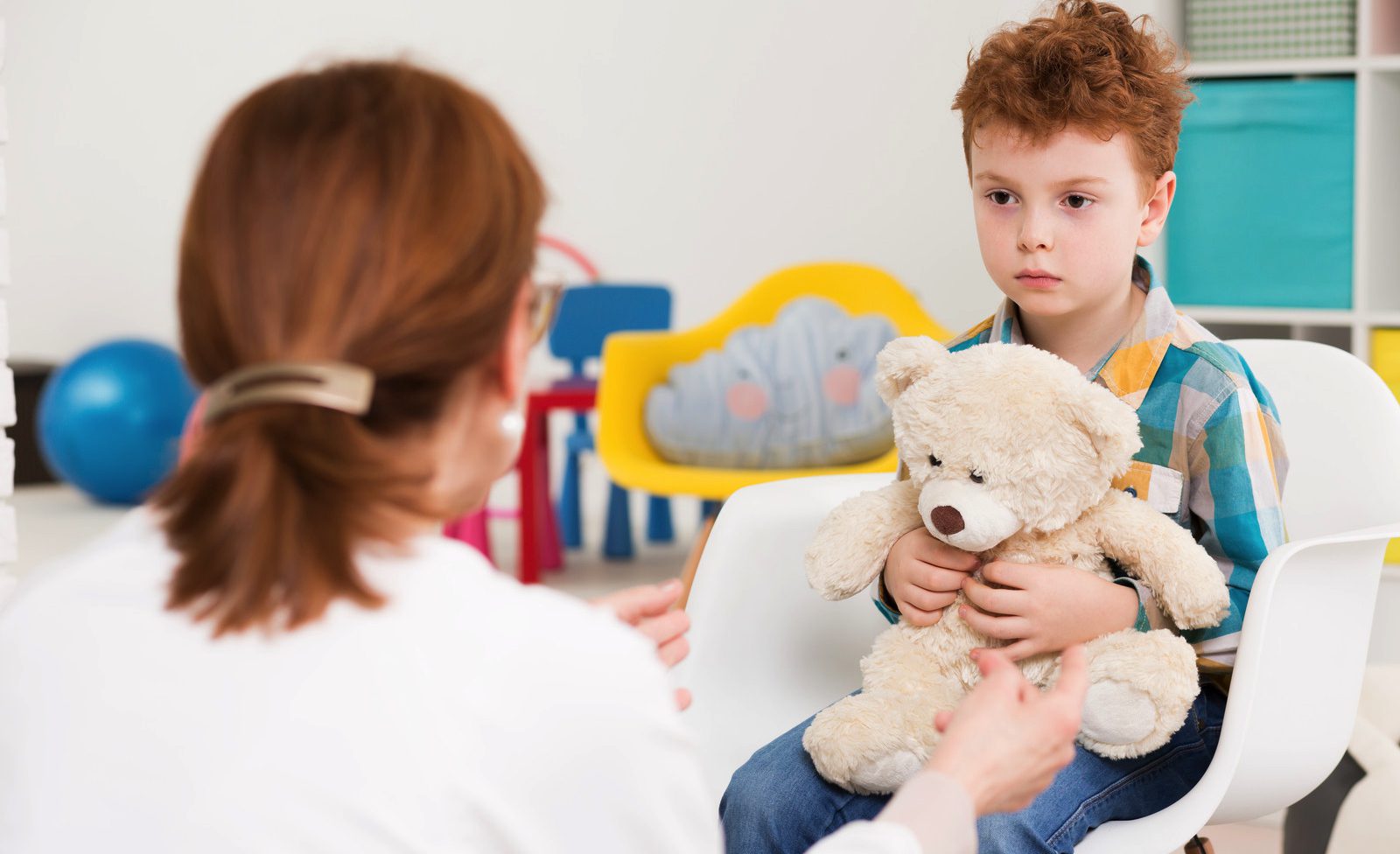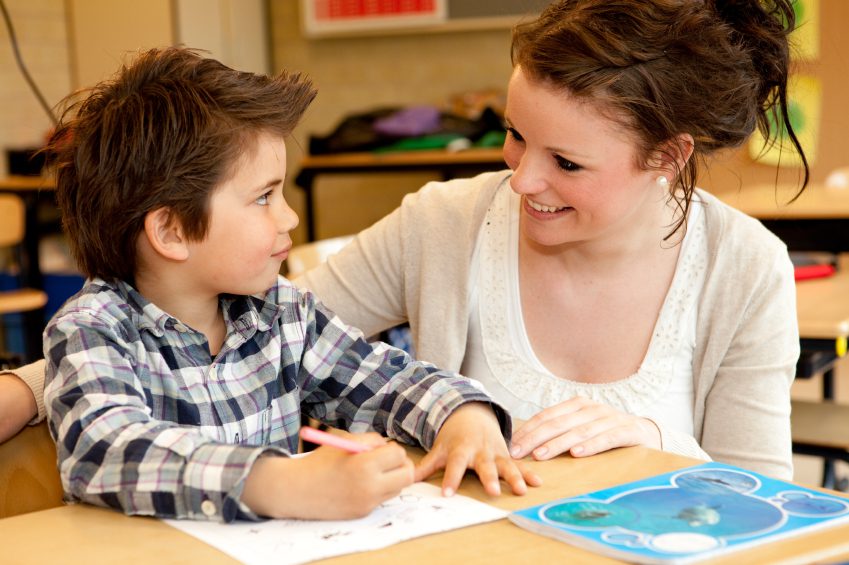Parenting Concerns
Treatment of Autism Spectrum Disorder

Christopher Keary, MD; Lisa Nowinski PhD; Christopher McDougle, MD
Sam is an adorable 5-year-old boy with curly brown hair and large inquisitive eyes. As a baby, Sam was easy! He rarely cried and seemed to entertain himself for hours – the perfect first child. But by his 1st birthday, Sam was not yet talking.
Populism And The Vaccine Debate

Two news stories caught my eye over the past two weeks, and both filled me with sadness and dread.
The first was the heart wrenching story that detailed the pain of a family whose seemingly otherwise healthy teen daughter died from the Influenza Virus. She died from “the flu.
Music For Autism Is Music For All: Reshaping And Expanding A Disability-Friendly Space

Intro and outro music written and performed by Dr. Gene Beresin.
Stress Awareness: How Parents Can Help Their Children With Stress

How can parents help their children to increase stress awareness and manage stress? Read more, below.
Este artículo está disponible en español.
14-year-old Jacob seems to have it all.
Why Can’t We Budge The Tide Of Teen Depression?

You can also listen to this podcast on iTunes, Spotify, Google Play, Stitcher, TuneIn, SoundCloud, and most podcast apps – just search for “Shrinking It Down.”
***
When I was a teenager, one of my buddies called me out for my rejection of tobacco.
10 Go-To Parenting Books for National Reading Month

March is National Reading Month and a good time to reflect on the books that have made an impact on my work as a child psychologist. I’ve compiled a list of my “go to” books that I frequently recommend to parents on some of the more common problems I’ve observed in kids.
Coping With Slow Processing Speed At Home And At School

This post is one in a multi-part series from Dr. Braaten entitled Bright Kids Who Can’t Keep Up.
Bright Kids Who Can’t Keep Up

We profile two smart young men with slow processing, a learning difference that affects their ability to manage daily tasks in a timely fashion. Dr. Ellen Braaten has expert advice for both parents and children coping with this issue.
Intro To Processing Speed

This post is the first in a multi-part Slow Processing Speed series from Dr. Braaten entitled Bright Kids Who Can’t Keep Up.
The College Mental Health Crisis: A Call for Cultural Change – Part 2

This is the second blog post in a two-part series on college mental health in the United States. The first post focused on suicide prevention. The focus of this second post is general college mental health.
You can also tune in to the conversation – just search for “Shrinking It Down” wherever you get your podcasts.




